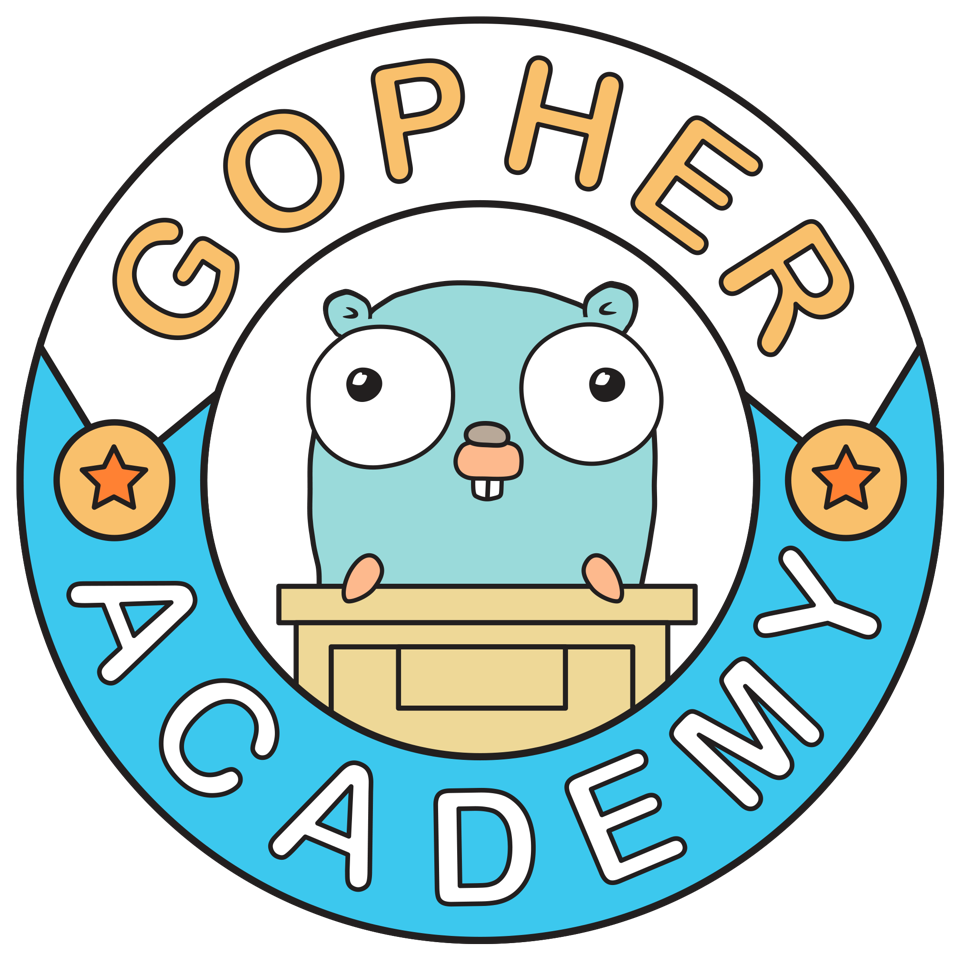The Case Against Third Party Libraries
Or how I learned to stop worrying and love versionless package management
If you spend any time on the golang-nuts mailing list you’ll learn that the
only thing more contentious than generics is package management. When I first
started writing Go I saw the lack of a “real” package manager as a glaring
oversight but the more I write Go the more I appreciate the simplicity
of go get.
It’s easy to think of the benefits of versioned packages. They give everyone on the team a consistent set of code and many times they communicate API changes through a semantic versioning scheme. But package versioning is not without its downfalls.
In this post we’ll look at the options available to application developers, the responsibilities of library developers, and the side effects of versionless package management.
Just use the standard library
Many third party Go libraries attempt to provide richer implementations of existing standard library packages. However, many times their extensive feature set becomes too large to test properly and it adds cognitive overhead to a project by requiring new developers to understand an additional framework.
Of the 200+ Go web frameworks on GitHub, I use none of them.
HTTP-based projects have such a range of requirements and trade offs that I
appreciate the balance of functionality and pragmatism that net/http provides.
If I need middleware for my application, it’s trivial to write an http.Handler
that fits my project perfectly. There is no one-size-fits-all web framework.
Logging is another area where less is more. There are over 500 Go logging
libraries on GitHub but I prefer the simplicity of the standard
log package. It provides a small, fixed-scope library for printing timestamped
messages to standard error. That’s all I need. Adding additional features such
as leveled logging adds complexity to the rest of the code by making developers
choose when to use DEBUG instead of INFO levels. If it’s important enough
to log then you should always log it.
Ctrl-C, Ctrl-V
Staunch supporters of DRY may cringe at this suggestion but many times copying small bits of code into your project can be a better choice than importing an entire library. Pulling small functions over allows you to tweak them to your specific needs and grow them over time, if needed. They also limit the knowledge needed by other developers on the project by not requiring them to read another library’s full docs to understand the dependency.
Several months ago I released a Go testing library that had no .go files
because it was small enough that I wanted users to simply copy the functions out
that they needed. Another good example is when using simple algorithmic
functions such as consistent hashing. Many times they are less than
50 lines of code. Please consult the library’s license before copying any code.
Fixed-scope libraries
As much as I try to stick with the standard library, there are some times that
I need to use an third party library. Because go get doesn’t provide
versioning I look at libraries much differently than when I used something like
rubygems.
In Ruby it was common to add libraries to an application with reckless abandon.
A three year old Rails project could easily have 50 dependencies in its
Gemfile. Over time I would need to upgrade libraries and, undoubtedly, their
functionality or API would change and conflict with other libraries I used. So
I would have to upgrade those other libraries which could cause more conflicts.
That’s when I realized that a library with 30 versions is actually 30 separate libraries.
In Go, I try to write and use libraries that have a fixed scope so they only need one version. For example, the css library implements the W3C’s CSS Syntax Module Level 3 spec so its scope is fixed. Once implemented and tested, changes and bug fixes are minimal.
Another example is the Bolt library. It’s goal is to provide a simple, fast, transactional key/value store. By limiting its problem space, Bolt is able to keep a minimal API and be well tested. After nearly six months of running in a variety of production systems without issue, Bolt was upgraded to version 1.0 and development has stopped. The project is not abandoned – it’s simply complete. Adding features would compromise the stability of the project. The next version of Bolt won’t be 2.0, it will simply be called something else.
High quality builds trust & trust builds community
One unexpected side effect to versionless package management is that I now need to know and trust the developers who write the libraries I use. Because of that, I’ve become much more involved in the Go community than I was in any other language community.
I regularly read through source code of projects I use to see if the library maintainer’s style and project quality is congruent with what I expect. It’s given me a much better appreciation for the developers in the community. Knowing someone’s code is very personal and I believe this is one small reason why the Go community has thrived.
Conclusion
The Go language provides amazingly high quality and well thought out implementations of common libraries. Many times it’s all you need for a project. There will always be times when you need major functionality that is outside the scope of the standard library. In those cases I hope you take the time to know the code and the developer for the library that you’re using.
